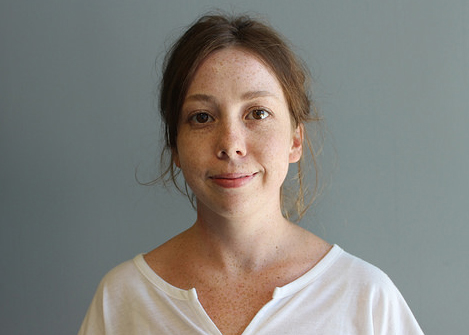Appetite for change puts healthcare for all on the table
Money drops into a medical savings piggy bank. During a Brown Bag Workshop at the DVC Student Union, on Thursday, Feb. 15th, former DVC librarian, Marian Shostrom, and registered nurse, Maryann Kachur advocated for the passage of SB-562, a bill designating a single-payer health plan for California.
February 25, 2018
Health care should be a right not a privilege argued Marian Shostrom, former Diablo Valley College librarian, and Maryann Kachur, a registered nurse.
The women, both members of the Northern California chapter of Healthcare for All – California, hosted a Brown Bag Workshop at the DVC Student Union, Feb. 15, advocating for the passage of the statewide single-payer health care bill, SB-562, which is currently stalled in the California State Assembly.
According to the Healthy California website, the bill outlines a universal, publicly funded health plan similar to Medicare, which would cover all California residents. It would pay for, “all medically necessary care, including: medical, dental, vision, hearing and reproductive care” without network restrictions, co-pays or deductibles.
“We think our entire system is broken,” Kachur said of the current health care system, noting the ballooning cost of care that is increasingly out of reach for many Californians.
In 2017, Californians payed $368 billion, or over $10,000 per person, for health care, according to a study conducted by Robert Pollin, professor of economics and co-director of the Political Economy Research Institute (PERI) at the University of Massachusetts-Amherst. Spending has been growing sharply since the mid 1990s.
Shostrom feels that this uptick in spending is the result of an increasingly private, for-profit insurance market, with insurers motivated to pad their bottom-line, as well as high administrative costs.
According to the study “The Healthcare Imperative” by the National Institute of Health, with so many different private insurance networks, each with varying benefits they are willing to cover, hospitals and doctors offices have been forced to hire more administrative staff to coordinate between insurers and doctors.
Doctors rolled this increased administrative cost into the cost of care, which is passed on to insurers, which is passed on to consumers.
Kachur and Shostrom feel a single-payer system could rectify some of these burdens by streamlining the process.
Pollin’s study estimates that SB-562 would cost California $330 billion annually to start.
Administrative costs could likely decrease as a result of a simplified system, creating an opportunity to reduce costs further. According to The New England Journal of Medicine, countries like Canada, which have universal healthcare, spend roughly a third to a half of what the U.S. does on administrative costs.
Where the money would come from seems to be the obvious sticking point. Speaker of the Assembly Anthony Rendon, who stalled the bill, called it, “woefully incomplete,” as the bill hasn’t definitively outlined how they would fund a single-payer system.
But Shostrom and Kachur say there are numerous sound options, such as funding through an increase in gross-receipt sales tax or payroll tax, with provisions that avoid burdening low-income individuals and small businesses.
“You should work for the world you want to live in. I want everyone to be able to go to the doctors when they have the flu, or need cardiac surgery, regardless of their economic status,” said Kachur, who also pointed out that young people, like DVC students, will inherit the consequences of inaction on healthcare as they move into adulthood.
To learn more about the bill visit legislature.ca.gov.







































































